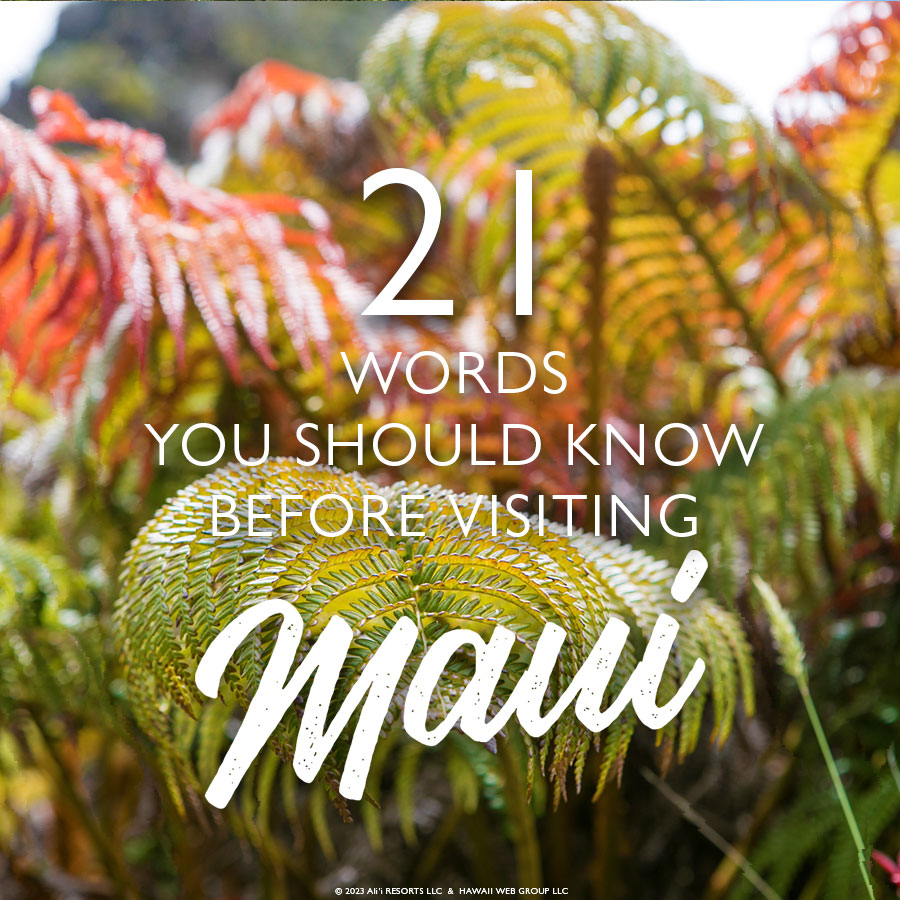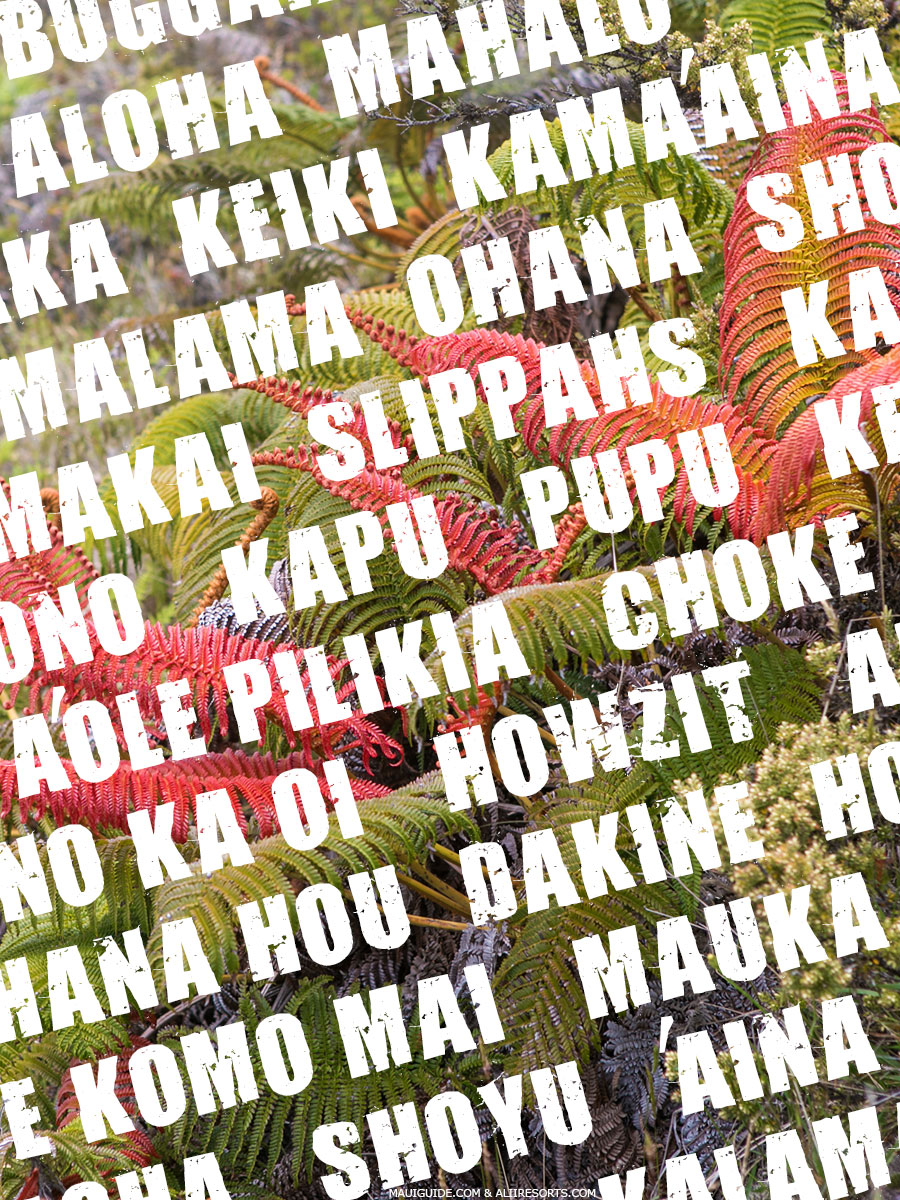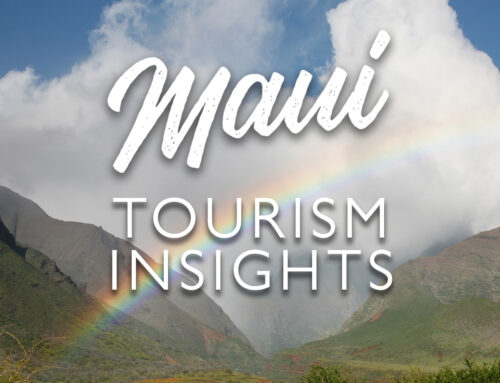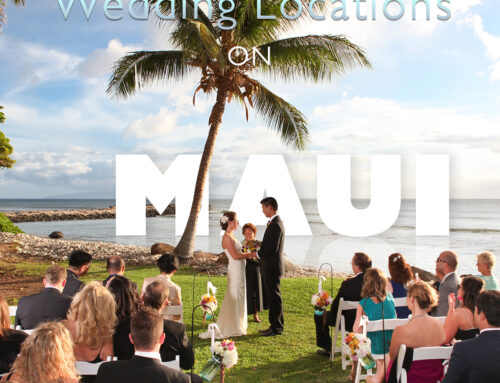Did you know Hawaii is the only US state with two official languages? English AND Hawaiian are recognized in the islands.

Hawaii also has a third unofficial language: pidgin. This creole language was born during Hawaii’s plantation era. Immigrants from Asia, the Pacific, and parts of Europe settled in the islands to work on Hawaii’s sugar and pineapple plantations. As a spread of different nationalities came together, a common language was needed to communicate clearly. Thus, pidgin was born.
Today, over 600,000 people in Hawaii speak pidgin. That’s almost half of the state’s total population!
To avoid culture shock – and confusion – here are 21 Hawaiian and pidgin words you should know before traveling to Hawaii.

1. Aloha (ah-lo-ha)
Aloha is one of the most well-known words in Hawaii. It can mean hello or goodbye. But it is also a word for love, fellowship, compassion, and kindness.
2. Mahalo (mah-hah-loh)
Mahalo means thank you. This is a handy word to have in your back pocket when traveling in Hawaii. You can also say Mahalo Nui Loa, which means “Thank you very much.”
3. Keiki (kay-ee-key)
Keiki means child or children. So, don’t order off the “keiki menu” at restaurants, no matter how good chicken fingers and fries sound! (This word is pronounced colloquially as kay-key, but the proper Hawaiian pronunciation enunciates each vowel.)
4. Kama‘aina (kah-mah-aye-nah
Literally translated, kama‘aina means “child or person of the land.” This word is used to describe a full-time resident of Hawaii.
5. ‘Aina (aye-nah)
‘Aina means – you guessed it – land. You’ll often see signs around the island that read, “Respect the ‘Aina.”
6. Malama (mah-lah-mah)
Malama means to care for, preserve, and protect. You might see advertisements or signs that say “Malama Hawaii” or “Malama ‘aina.”
7. Ohana (oh-hah-nah)
Thanks to the famous line in Lilo and Stitch, ohana is one of the most recognizable Hawaiian words. If you’re not familiar, ohana means “family.”
8. Mauka and Makai (mah-oo-kah) (mah-kie-ee)
In Hawaii, people often use the words “mauka” and “makai” when giving directions. “Mauka” means upland, while “makai” means toward the ocean. So if someone tells you to drive “mauka” for 15 minutes, head uphill!
9. Slippahs
Leave your “flip flops” at home. In Hawaii, we only wear slippahs.
10. Shoyu
Shoyu is the word for Japanese-style soy sauce. It is used ubiquitously in the islands – featured on restaurant menus and bottles of local soy sauce.
11. Ono (oh-no)
Ono means delicious. “That shave ice was sooo ono!” Ono is also the Hawaiian name for wahoo – which coincidentally is very ono.
12. Kapu (kah-poo)
Kapu means forbidden or off-limits. If you see a sign that says kapu, you shouldn’t enter the area.
13. Pupu (poo-poo)
Don’t be alarmed if you see this on a restaurant menu. Pupu means appetizer or finger food. Pupu platters are trays of small bites.
14. A‘ole Pilikia (ah-oh-lay pee-lee-key-ah)
If you are a visitor to Hawaii, you might not hear the words “a‘ole pilikia” very often. However, this translates to “no problem” or “you’re welcome.” You can use this phrase after someone tells you “mahalo.” Your knowledge is sure to impress locals, native speakers, and even those in your group.
15. E Komo Mai (ay koh-moh mah-yee)
This phrase E Komo Mai means “welcome,” and you’ll see and hear it frequently as a visitor on Maui.
16. Kane and Wahine (kah-neh) (vah-hee-neh)
Kane means male, while wahine means female. If you’re a kane, you’ll be super embarrassed if you go into the wahine restroom by mistake.
17. No Ka Oi (no kah oy)
You may have heard the phrase, “Maui No Ka Oi!” This means Maui is the best! Maui truly is no ka oi.
18. Howzit?
‘Howzit?’ is the most common greeting in Hawaii. It’s a mesh of “how’s it going?” and “how are you?”
19. Choke
Choke is a common pidgin-ism. It means “a lot of” or “plenty.” “There’s choke people at the beach today!”
20. Hana hou (hah-nah ho)
Hana hou means “encore” or “one more time!” If you go to a good concert or luau in the islands, tell ‘em, “hana hou!”
21. Dakine
“You know dakine…” Dakine can reference just about anything. It’s pidgin for “the kind” and is often used when you can’t remember or think of the correct word – a whatchamacallit of sorts. “What’s the name of the place with the fish tacos in Kihei? You know, dakine…”

Now that you know these essential Hawaiian and pidgin words, you’re ready for your trip to Maui! Still planning your adventure?
Ali’i Resorts is your number-one resource for all things Maui. Instead of keeping track of a list of booking numbers from different websites, you can easily book tours, car rentals, and condo rentals with us.






